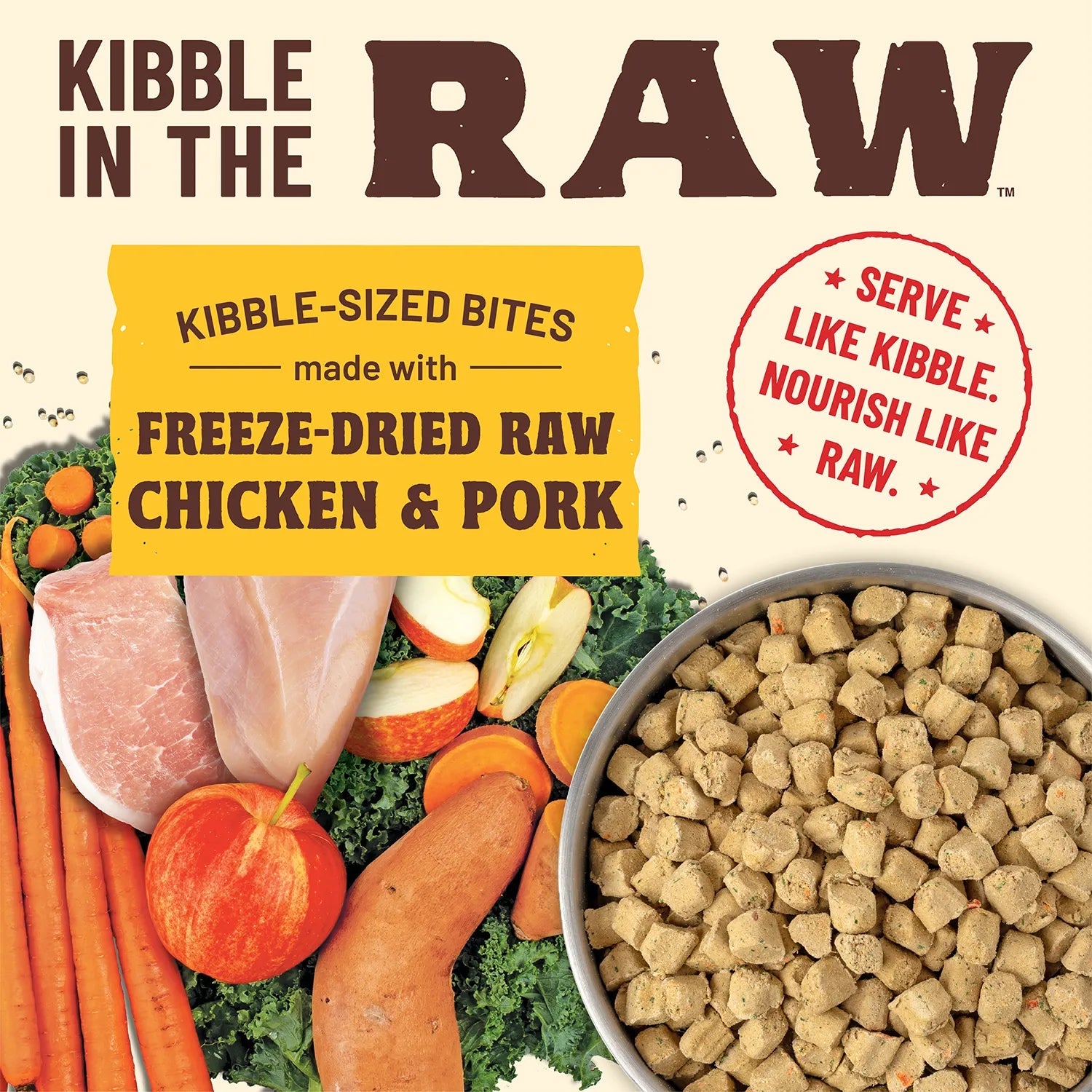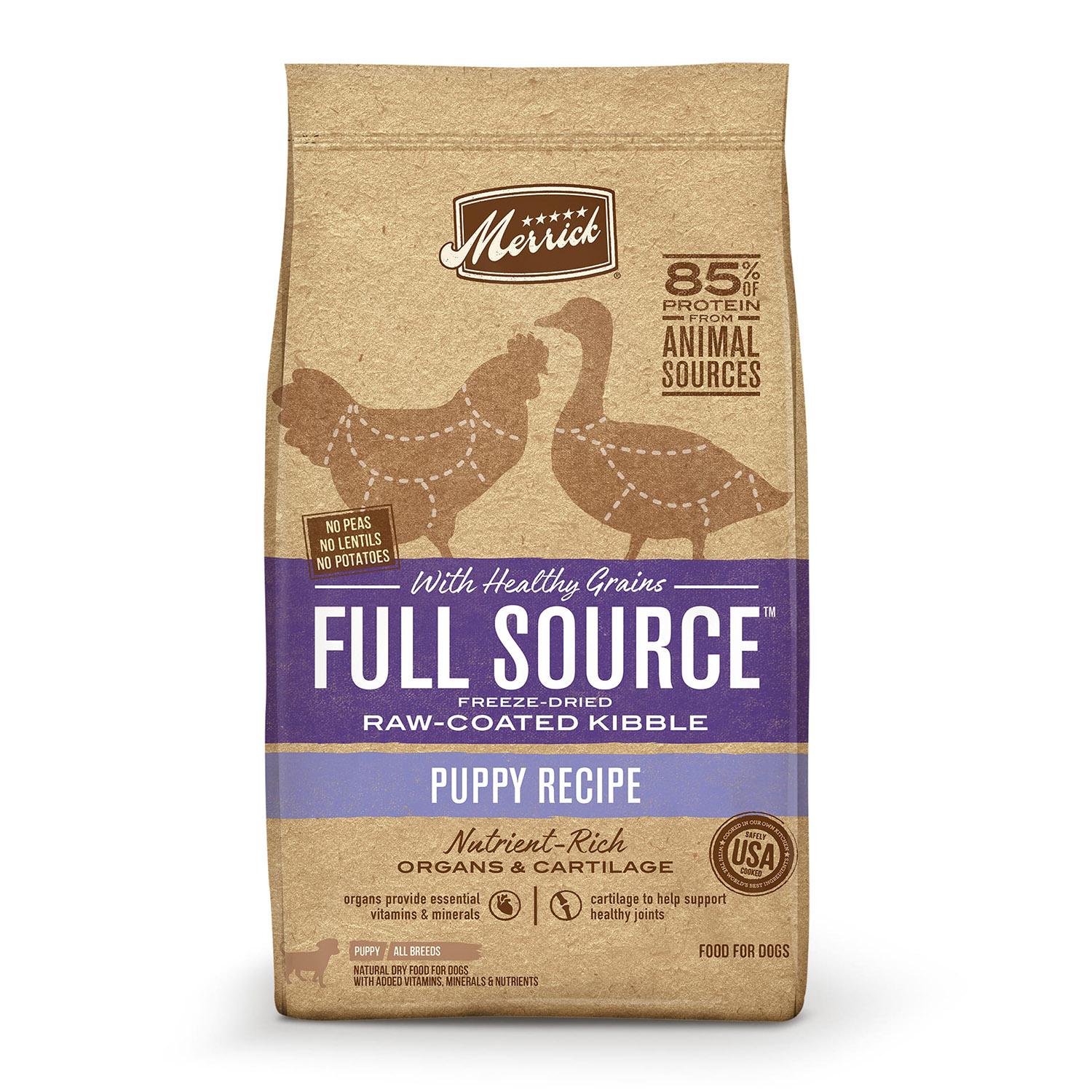
The Foundation of a Brilliant Mind: Choosing Puppy Kibble with Natural DHA Sources
Bringing a puppy into your home is an exciting journey filled with playful moments, cuddles, and the responsibility of nurturing a new life. One of the most important decisions you’ll make is choosing the right food to fuel their growth and development. While many nutrients are crucial during puppyhood, one stands out for its remarkable impact on brain development: Docosahexaenoic Acid (DHA).
This article will delve into the significance of DHA for puppies, explore natural sources of this vital nutrient in kibble, and guide you in selecting the best option to support your furry friend’s cognitive health.
The Power of DHA: Building a Smarter Puppy
DHA is an omega-3 fatty acid that plays a critical role in the development and function of the brain and nervous system. It’s a major structural component of brain cell membranes, particularly in areas responsible for learning, memory, and vision. During puppyhood, when the brain is undergoing rapid development, DHA is essential for:
-
Cognitive Development: DHA supports the formation of neural connections, enhancing learning ability, problem-solving skills, and overall cognitive function. Studies have shown that puppies fed diets enriched with DHA perform better on cognitive tests.
-
Vision Development: DHA is concentrated in the retina, the light-sensitive tissue at the back of the eye. It contributes to visual acuity and helps puppies develop sharp, clear vision.
-
Behavioral Development: DHA may influence mood and behavior. Some research suggests that adequate DHA intake can reduce anxiety and improve trainability in puppies.
-
Immune System Support: DHA has anti-inflammatory properties that can help support a healthy immune system in puppies, making them more resilient to illness.
Natural DHA Sources in Puppy Kibble: A Closer Look
While DHA can be synthesized in the body from other omega-3 fatty acids like ALA (alpha-linolenic acid), the conversion rate is often inefficient, especially in dogs. Therefore, it’s best to provide DHA directly through their diet. Fortunately, several natural sources of DHA can be found in high-quality puppy kibble:
-
Fish Oil: Fish oil, derived from fatty fish like salmon, tuna, and herring, is one of the richest and most bioavailable sources of DHA. Look for kibble that lists fish oil as a key ingredient. Reputable brands will often specify the type of fish used and the DHA content per serving.
-
Fish Meal: Fish meal is made by cooking, pressing, drying, and grinding whole fish or fish trimmings. It’s a concentrated source of protein and omega-3 fatty acids, including DHA. Like fish oil, the quality of fish meal can vary, so choose brands that use sustainable and traceable sources.
-
Algae Oil: Algae oil is a plant-based source of DHA derived from microalgae. It’s a sustainable and environmentally friendly alternative to fish oil, making it a great option for pet owners who prefer vegetarian or vegan diets for their dogs (although puppies still require animal protein for optimal health).
-
Egg Products: While not as concentrated as fish oil or algae oil, eggs can provide a moderate amount of DHA, especially if they come from hens fed a DHA-enriched diet. Egg products in kibble can also contribute to overall protein and nutrient content.
Decoding the Label: Finding the Right DHA Content
When evaluating puppy kibble, pay close attention to the ingredient list and guaranteed analysis. Here’s what to look for:
-
Ingredient List: Prioritize kibble that lists a natural DHA source (fish oil, fish meal, algae oil, or egg products) among the first few ingredients. This indicates that it’s present in a significant amount.
-
Guaranteed Analysis: Check the guaranteed analysis for the minimum percentage of DHA. While there’s no official recommended daily allowance for DHA in puppies, many experts suggest aiming for at least 0.05% to 0.2% DHA on a dry matter basis.
-
AAFCO Statement: Look for a statement from the Association of American Feed Control Officials (AAFCO) indicating that the kibble is "complete and balanced" for puppies or "all life stages." This ensures that the food meets the minimum nutritional requirements for growing dogs.
Beyond DHA: A Holistic Approach to Puppy Nutrition
While DHA is crucial, it’s essential to consider the overall nutritional profile of the puppy kibble. Look for:
-
High-Quality Protein: Puppies need plenty of protein to support muscle growth and development. Look for named animal protein sources like chicken, lamb, or fish as the primary ingredients.
-
Healthy Fats: In addition to DHA, puppies need other essential fatty acids like omega-6s for healthy skin and coat.
-
Balanced Carbohydrates: Carbohydrates provide energy for growing puppies. Choose kibble with easily digestible carbohydrates like brown rice, oatmeal, or sweet potatoes.
-
Essential Vitamins and Minerals: Puppies need a variety of vitamins and minerals for bone development, immune function, and overall health.
-
Avoid Fillers and Artificial Additives: Steer clear of kibble that contains excessive fillers like corn, wheat, and soy, as well as artificial colors, flavors, and preservatives.
Transitioning to Puppy Kibble: A Gradual Process
When switching your puppy to a new kibble, do so gradually to avoid digestive upset. Mix a small amount of the new kibble with their old food, gradually increasing the proportion of the new food over 7-10 days.
Consulting with Your Veterinarian
Every puppy is unique, and their nutritional needs may vary based on breed, size, activity level, and health status. It’s always best to consult with your veterinarian to determine the most appropriate diet for your individual puppy.
Conclusion: Investing in Your Puppy’s Future
Choosing puppy kibble with natural DHA sources is an investment in your furry friend’s cognitive development, vision, and overall well-being. By understanding the importance of DHA, identifying natural sources in kibble, and carefully evaluating the label, you can provide your puppy with the nutritional foundation they need to thrive. Remember to prioritize high-quality ingredients, consult with your veterinarian, and enjoy the journey of raising a happy, healthy, and intelligent companion.

